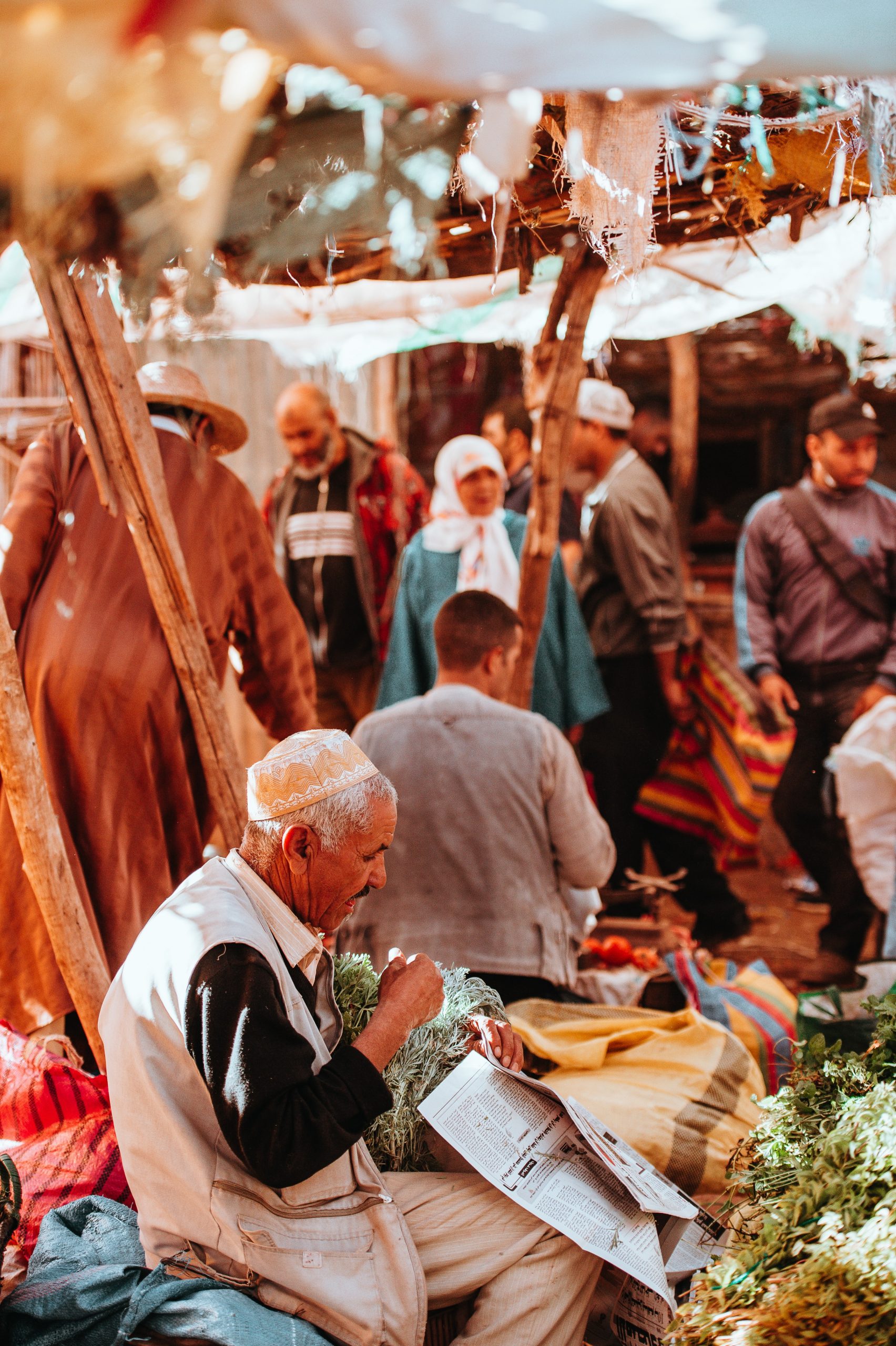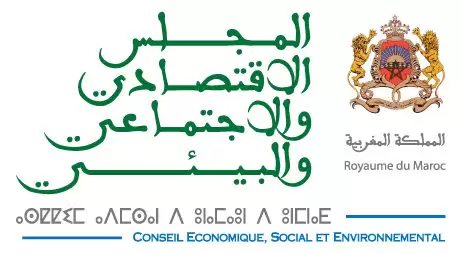
Spreading all over Morocco, weekly outdoor markets (souks) are largely considered a barometer for rural Morocco. Not only do they serve as a hub for the community and provide a real connection between producer and consumer, but they also play an important role in the development of local and regional economy. They have multidimensional constituents and complementary uses (commercial, economic, social, cultural, administrative, civic and others).
The Council recommends that a strategy be set out for the development of weekly outdoor markets (souks) in rural areas, in such a way as to capture the specificities of each rural community.
Spreading all over Morocco, weekly outdoor markets (souks) are largely considered a barometer for rural Morocco. Not only do they serve as a hub for the community and provide a real connection between producer and consumer, but they also play an important role in the development of local and regional economy. They have multidimensional constituents and complementary uses (commercial, economic, social, cultural, administrative, civic and others).
There remains that the socioeconomic and cultural potential of souks is largely underexploited and sometimes ineffectively used. Indeed, several weaknesses and constraints hamper the economic performance of souks and are likely to jeopardize the actions undertaken to upgrade them. In the absence of a shared national vision, the roles of the different stakeholders overlap in a way that it is not clear who is responsible for what, in addition to the disadvantages of multiple layers of management. Other obviously critical issues are health security and the quality of products offered in these souks.
Based on the above findings, the Council recommends that a strategy be set out for the development of weekly outdoor markets (souks) in rural areas, in such a way as to capture the specificities of each rural community.
Among the key measures proposed are:
- Encourage the creation of well-equipped modern souks focused on certain sectors or goods (just like the pilot cattle markets).
- Provide weekly outdoor markets (souks) with perishable good storage facilities to further improve their marketing services of agricultural produces, as part of the “Green Generation 2020-2030” strategy launched in 2020 to modernize and green the agricultural sector.
- Ensure water service connections for cleanliness of shops, abattoirs and their equipment and machinery. Also required are sanitation facilities (restrooms) for sellers, buyers and visitors, while paying special attention to the specific needs of women, girls, children and those with disabilities.
- Facilitate access to mobile services on the day of the souk, including access to broadband internet, services related to post office boxes, bank credit, administrative certificates for marriage, birth and residence, and other services towards greater inclusivity.
- Gradually reduce reliance on informal distribution and marketing channels, while regulating the role and job of channel intermediaries.
- Provide a regulatory framework for the various trades that come together in the souk area (hairdressers, cobblers, mechanics, electricians, ironmongers, transporters, restaurateurs, etc.).
- Modernize the souk into a multipurpose space for cultural, leisure and other gratifying activities for locals and visitors, while offering such activities that help young people in rural areas develop their full potential (mobile library, sporting competition places, promotion of emerging new professions related to digitalization).
- Conduct training, awareness-raising and information dissemination, particularly on political, cultural and social issues, and share knowledge and good practices, the day of the souk.
